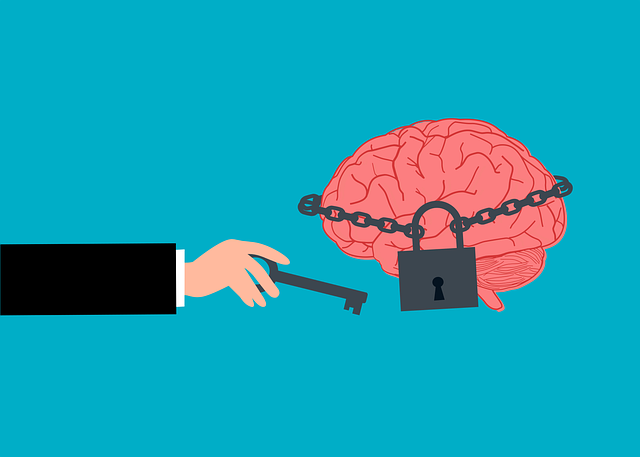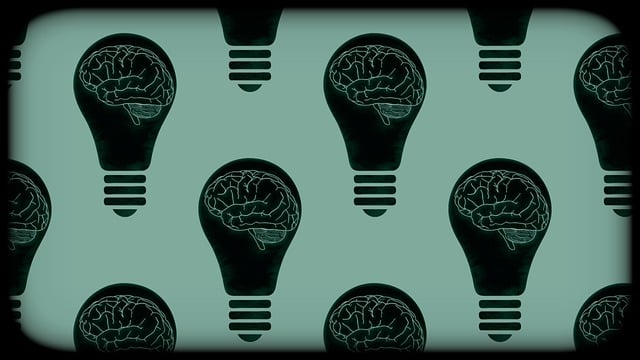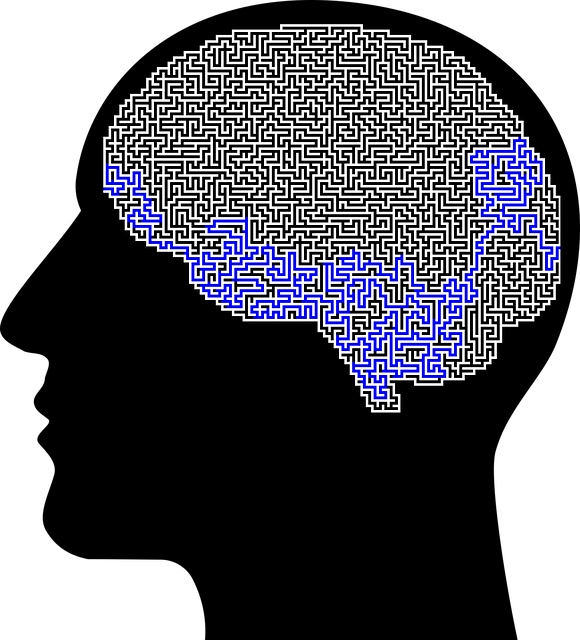Mental illness diagnoses are crucial for recovery, with healthcare professionals employing comprehensive evaluations to identify conditions like PTSD. In Lafayette, specialized Lafayette Post-Traumatic Stress Disorder Therapy offers evidence-based, personalized treatment plans using methods such as CBT and EMDR. This approach focuses on trauma processing, mood management, and coping skills development in a safe, supportive environment. Community support groups and risk assessment tools further enhance healing, fostering trust and proactive symptom management for individuals navigating PTSD recovery.
“Mental illness diagnosis and treatment navigation can be a complex, daunting journey. This comprehensive guide breaks down each step, from understanding mental health conditions like Lafayette Post-Traumatic Stress Disorder (PTSD) to the crucial role of professional assessment in securing accurate diagnoses. We explore effective therapy options for PTSD, emphasizing personalized approaches for optimal care. Additionally, we delve into vital support systems and resources to facilitate successful recovery management.”
- Understanding Mental Illness Diagnoses: A Comprehensive Guide
- The Role of Professional Assessment in Accurate Diagnosis
- Lafayette Post-Traumatic Stress Disorder (PTSD) Therapy: Unlocking Healing Paths
- Navigating Treatment Options: Personalized Approaches for Optimal Care
- Support Systems and Resources for Effective Recovery Management
Understanding Mental Illness Diagnoses: A Comprehensive Guide

Understanding mental illness diagnoses is a crucial step in navigating the path to recovery and well-being. Mental health conditions are unique to each individual, just as symptoms and severity levels can vary greatly. A comprehensive guide to diagnosis involves several key elements. Initially, a thorough evaluation by qualified healthcare professionals is essential. This often includes detailed interviews, psychological assessments, and sometimes medical imaging or blood tests to rule out other potential causes. The process aims to identify specific disorders, such as depression, anxiety, bipolar disorder, schizophrenia, or Post-Traumatic Stress Disorder (PTSD), like Lafayette PTSD therapy addresses.
Once a diagnosis is made, it becomes a foundation for personalized treatment plans. Mental illness stigma reduction efforts play a significant role in encouraging individuals to seek help without fear of judgment. Compassion cultivation practices and building confidence through various therapies can empower people to manage their conditions effectively. Treatment options range from psychotherapy, medication management, support groups, to more specialized interventions tailored to the individual’s needs. By demystifying the diagnosis process and providing resources for effective treatment, mental illness stigma reduction efforts foster a supportive environment, enabling individuals to boost their confidence and lead fulfilling lives.
The Role of Professional Assessment in Accurate Diagnosis

Professional assessment plays a pivotal role in navigating the complex landscape of mental illness diagnosis and treatment. Trained healthcare providers equipped with specialized knowledge and skills are essential for accurately identifying conditions like Post-Traumatic Stress Disorder (PTSD), which often requires nuanced understanding given its diverse presentations. The process involves comprehensive evaluations, delving into personal histories, symptoms, and cultural backgrounds to ensure a thorough analysis.
In the case of Lafayette PTSD therapy, for instance, professionals must consider the unique experiences and stressors that may contribute to an individual’s condition. Healthcare Provider Cultural Competency Training is invaluable here, enabling practitioners to adapt their approaches and communicate effectively with diverse populations. This tailored understanding fosters more precise diagnoses and personalized treatment plans, focusing on mood management and coping skills development.
Lafayette Post-Traumatic Stress Disorder (PTSD) Therapy: Unlocking Healing Paths

In Lafayette, Post-Traumatic Stress Disorder (PTSD) therapy has emerged as a beacon of hope for those navigating the challenging waters of mental health struggles. This specialized form of treatment recognizes the unique impact of traumatic events on an individual’s mind and offers tailored strategies to unlock healing paths. Through evidence-based approaches, therapists help clients develop effective communication strategies to process and express their experiences.
By fostering self-awareness exercises and promoting inner strength development, Lafayette PTSD therapy empowers individuals to confront and overcome symptoms associated with trauma. This holistic process encourages a journey of self-discovery, resilience, and recovery, ultimately enabling those affected to regain control of their lives and find lasting peace.
Navigating Treatment Options: Personalized Approaches for Optimal Care

Navigating treatment options is a crucial step for individuals seeking help for mental illness. Personalized approaches are essential to ensure optimal care. Every individual’s experience with mental health issues is unique, and what works for one person may not be effective for another. Therefore, therapists and healthcare professionals must tailor treatments to match the specific needs, preferences, and challenges of each patient.
In the case of Lafayette Post-Traumatic Stress Disorder (PTSD) therapy, a personalized approach might involve a combination of evidence-based treatments such as cognitive behavioral therapy (CBT), eye movement desensitization and reprocessing (EMDR), or trauma-focused cognitive processing therapy (TF-CPT). The therapist would assess the patient’s symptoms, traumas, and coping mechanisms to design a treatment plan that offers targeted strategies for managing anxiety relief, overcoming flashbacks, and reducing the mental illness stigma. Additionally, risk assessment for mental health professionals is vital to ensure a safe and supportive environment throughout the healing process.
Support Systems and Resources for Effective Recovery Management

Navigating the path to recovery from mental illness can be daunting, but building a robust support system is key. For individuals facing challenges like Post-Traumatic Stress Disorder (PTSD), Lafayette offers specialized therapy services tailored to their unique needs. These therapeutic settings not only provide a safe space for expression and healing but also equip individuals with valuable tools for self-care practices. By fostering open communication, therapists facilitate the integration of coping strategies into daily life, empowering clients to manage symptoms effectively.
Beyond individual therapy, community resources play a vital role in recovery management. Support groups, for instance, offer a sense of belonging and shared understanding, enabling individuals to connect with peers facing similar struggles. This interconnectedness can be a powerful motivator for adhering to treatment plans. Moreover, risk assessment tools accessible to mental health professionals help identify potential triggers and hazards, allowing for proactive interventions. Through empathy-building strategies, healthcare providers can create an environment that encourages vulnerability and fosters a sense of trust, contributing to the overall success of recovery journeys.
Mental illness diagnosis and treatment can be a challenging journey, but with the right navigation assistance, individuals can unlock healing paths. As highlighted in our exploration of Lafayette Post-Traumatic Stress Disorder (PTSD) therapy, professional assessment plays a crucial role in accurate diagnoses. By understanding mental health conditions comprehensively and leveraging personalized treatment options, one can access optimal care. Support systems and resources specifically tailored for recovery management further enhance the process. With dedicated guidance, individuals can navigate these paths effectively and embrace a brighter future.














